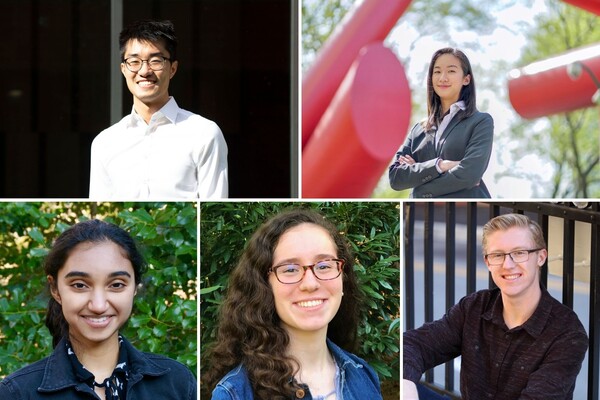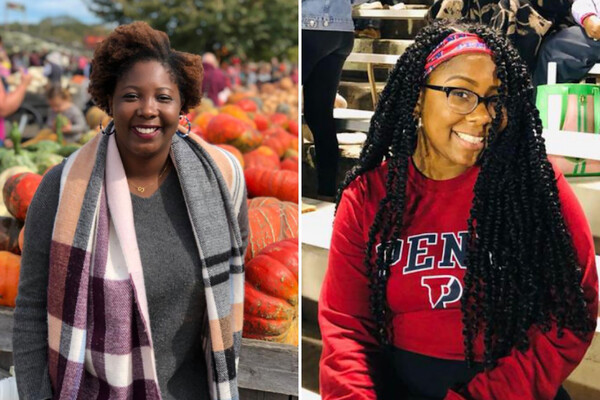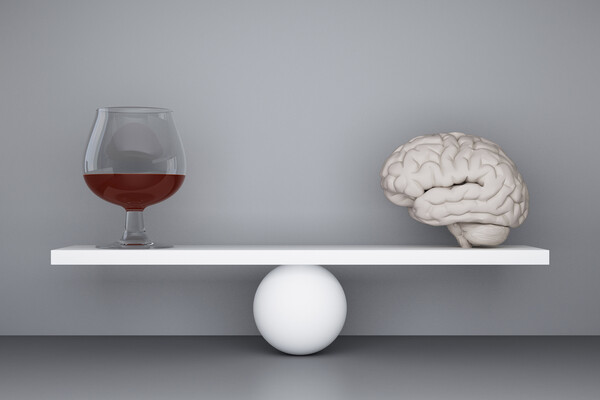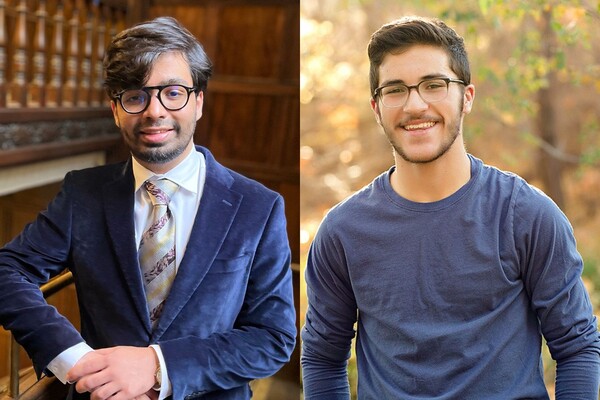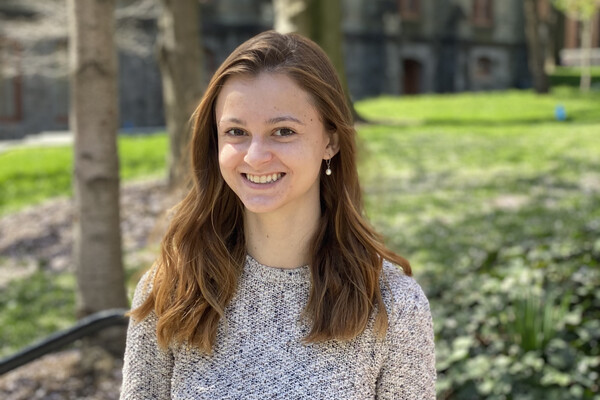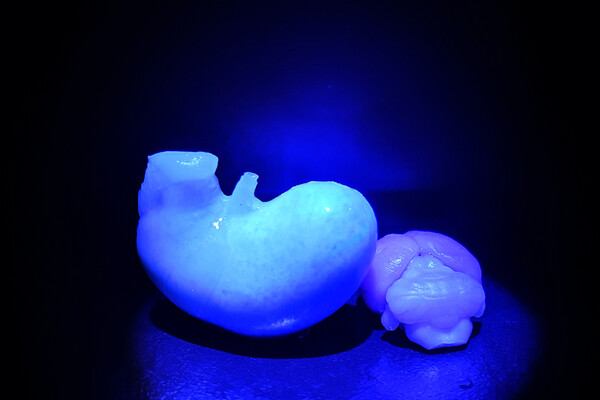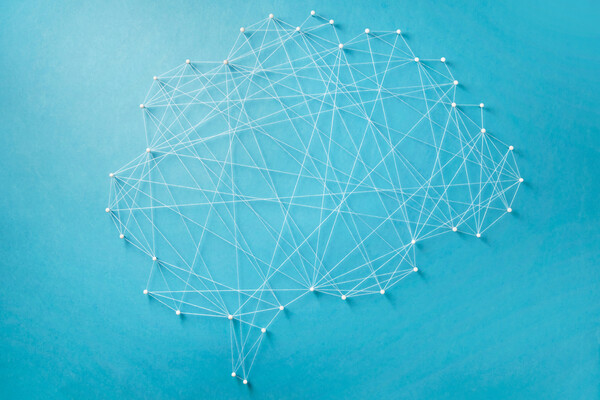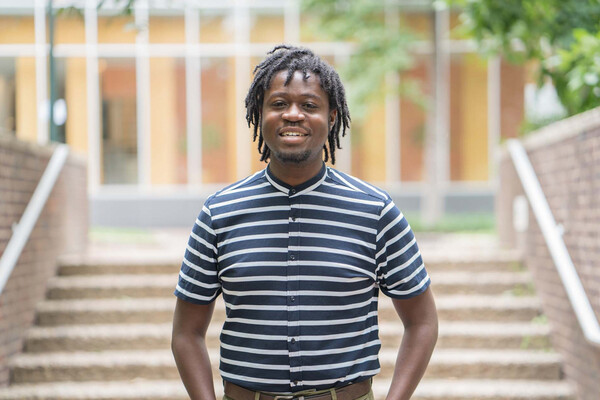4/16
Neuroscience
Five Penn students are 2022 Goldwater Scholars
Five juniors have received 2022 Goldwater Scholarships to pursue research careers in mathematics, the natural sciences, or engineering. Penn's newest Goldwater Scholars are Joshua Chen, Allison Chou, Shriya Karam, Laila Barakat Norford, and Andrew Sontag.
35th annual Women of Color at Penn award
The Women of Color at Penn held their 35th annual award ceremony with a virtual celebration hosted by the African American Resource Center. This year’s awards honored six women who have fostered and supported community.
One drink a day linked with reduced brain size
The Penn-led research, using a dataset of more than 36,000 adults, revealed that going from one to two drinks a day was associated with changes in the brain equivalent to aging two years. Heavier drinking was linked with an even greater toll.
Why are alcohol- and drug-related deaths rising in the U.S. and not elsewhere?
With insights from anthropology and neuroscience, Penn researchers Michael Platt and Peter Sterling find that, in comparison, 16 other wealthy nations offer communal assistance at every life stage, support that protects individuals and families long term.
Understanding optimal resource allocation in the brain
A collaboration between experimentalists and theorists shows how the brain processes information about textures, paving the way for better understanding of sensory perception efficiency.
Two Penn seniors named 2022 Rhodes Scholars
Two Penn seniors have been awarded Rhodes Scholarships for graduate study at the University of Oxford, Raveen Kariyawasam, from Colombo, Sri Lanka, and Nicholas Thomas-Lewis, from Kimball, Nebraska.
Penn senior Max Wragan named George J. Mitchell Scholar
Senior Max Wragan, a neuroscience major and chemistry minor, has been selected for a George J. Mitchell Scholarship, which covers one academic year of postgraduate studies in Ireland, including stipends for living and travel expenses.
In the brain’s cerebellum, a new target for suppressing hunger
A research team led by J. Nicholas Betley in the School of Arts & Sciences has identified an entirely new way the brain signals fullness after eating. The findings offer a novel target for therapies that could dramatically curb overeating.
A new model for how the brain perceives unique odors
Using statistical physics and insights from biology, this research can help inform new hypotheses and experiments towards understanding the olfactory system, a complex and crucial pathway of the brain.
Darin Johnson breaks down what code switching is
The doctoral student at Annenberg School for Communication explores the mental processes behind code switching and their implications.
In the News
A new strategy to attack aggressive brain cancer shrank tumors in two early tests
A clinical trial led by Stephen Bagley of the Perelman School of Medicine suggests that targeting two associated proteins with CAR T cell therapy could be a viable strategy for shrinking brain tumors.
FULL STORY →
ADHD may have evolved more than 12,000 years ago as an advantage for foragers, study claims
A study led by David Barack of the Perelman School of Medicine suggests that ADHD may have played a major role in foraging and survival for ancient hunter-gatherers.
FULL STORY →
How to stay mentally sharp into your 80s and beyond
According to David Wolk of the Perelman School of Medicine, a healthier body can help the brain respond better to the aging process.
FULL STORY →
Blood tests can help diagnose Alzheimer’s—if they’re accurate enough. Not all are
Virginia Man-Yee Lee of the Perelman School of Medicine says it’s likely in the future that anyone older than 60 will get an Alzheimer’s test.
FULL STORY →
Some scientists think newborn neurons could reverse Alzheimer’s
Research co-authored by Hongjun Song of the Perelman School of Medicine strengthens the case for human neurogenesis, the development of new neurons from neural progenitor cells.
FULL STORY →
The brain may interpret smells from each nostril differently
A study by postdoc Gulce Nazli Dikecligil in the Perelman School of Medicine suggests that the smells flowing through each nostril are processed as two separate signals in the part of the brain that receives smell inputs.
FULL STORY →




